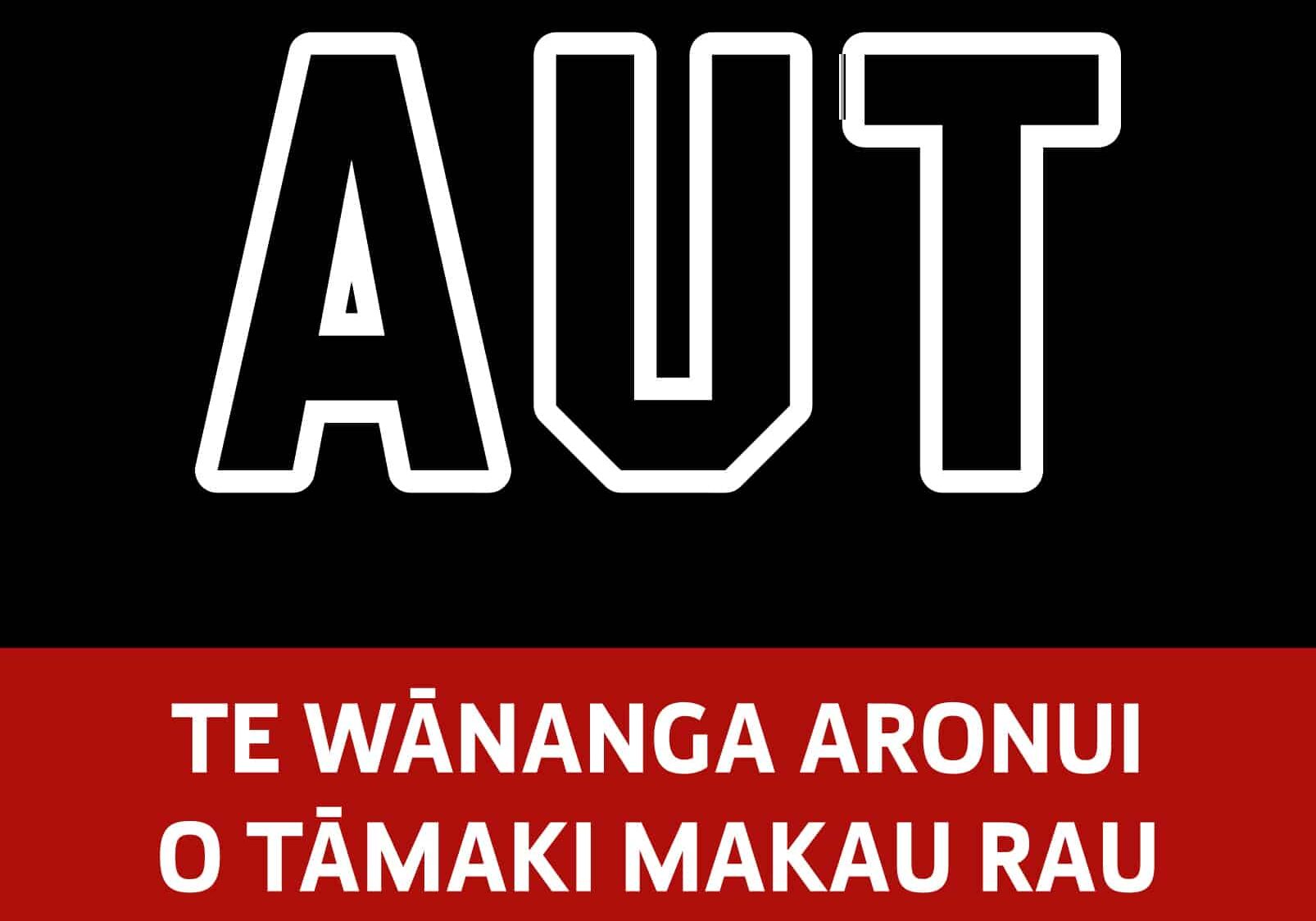Supporting people to overcome economic harm
June 3, 2021
We’re combining our knowledge of financial wellbeing and economic harm to support New Zealanders through financial difficulties and abuse.
Our Economic Harm Advisor has been working with our Debt Coaches to equip them with the tools and knowledge they need to support those experiencing economic harm.
“We have conversations with people who have financial difficulties for all sorts of reasons – from gambling, debts from their ex-partners, or maybe they made some uninformed money choices when they were younger,” Debt Coach Sandra told us.
“Working with people experiencing economic harm will be an extension of the support we are already providing.”
Economic harm is a form of abuse that can lead to poverty and homelessness, while also creating significant barriers for people wanting to end physically and emotionally abusive relationships.
It is behaviour towards a person that controls, restricts or removes their access to money, economic resources, or participation in financial decisions. It is often called financial or economic abuse and is a form of psychological abuse within the Family Violence Act.
Trends from overseas suggest economic harm is prevalent in between 80 and 95 percent of all reported incidences of family violence.
When we spoke to family violence workers as part of our 2018 economic harm research, they noted it was present in most of the cases they saw.
“Economic harm is not something that people necessarily know about. But whenever I explain what it is, they start nodding and saying that this is exactly what happened to their aunt or their friend. Once they know, it seems so obvious,” Economic Harm Advisor Beryl shared.
Beryl has over ten years’ experience in family violence, including as a safe-house supervisor.
To increase support for those affected by economic harm, Beryl has started working with other organisations to help client-facing staff better understand economic harm and ensure their affected clients can access appropriate support.
“The more organisations that look at the way they can respond to economic harm, the better outcomes we will have. For example, we know that many creditors would consider approaching debt recovery differently if they knew someone has been coerced into the debt in the first place,” Beryl said.
Related

The long-term impact of economic harm

Moratorium on attachment orders
